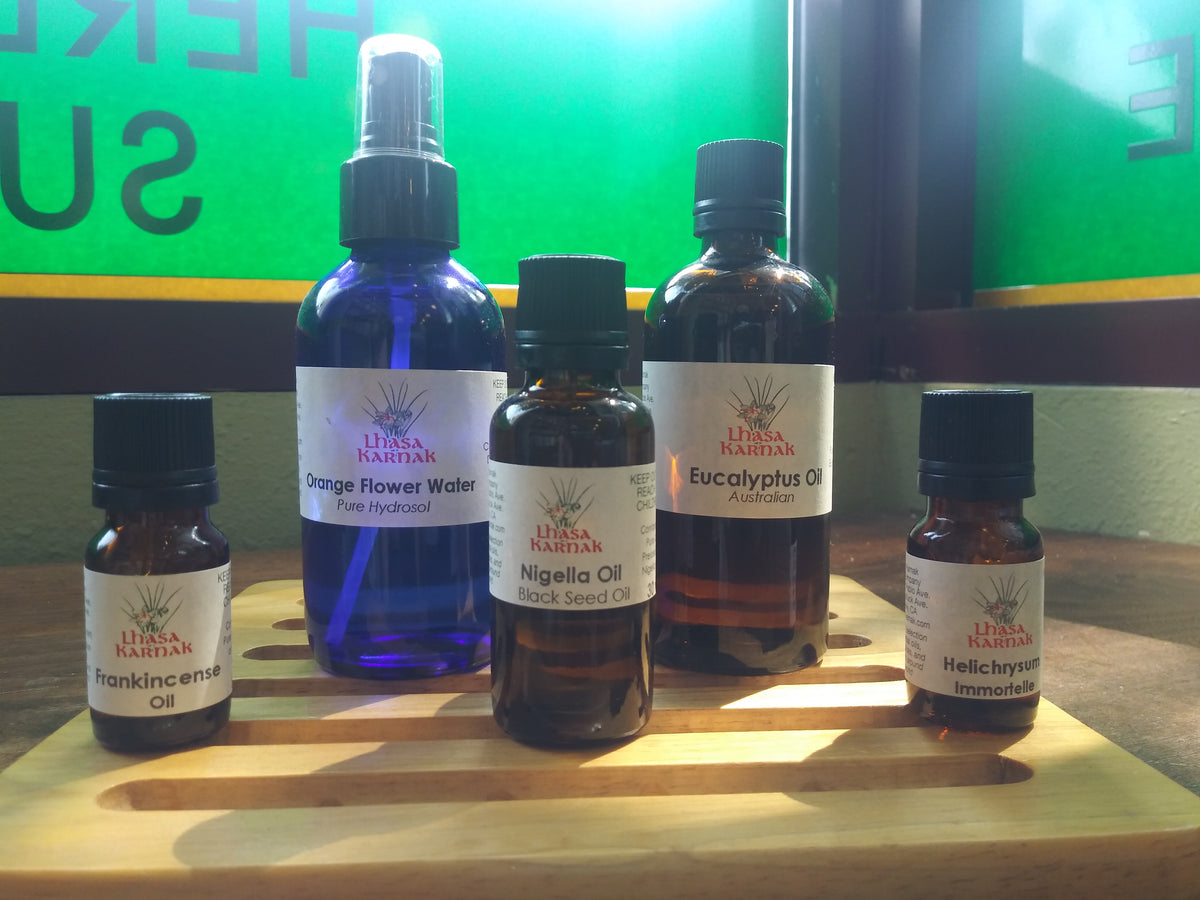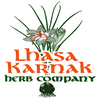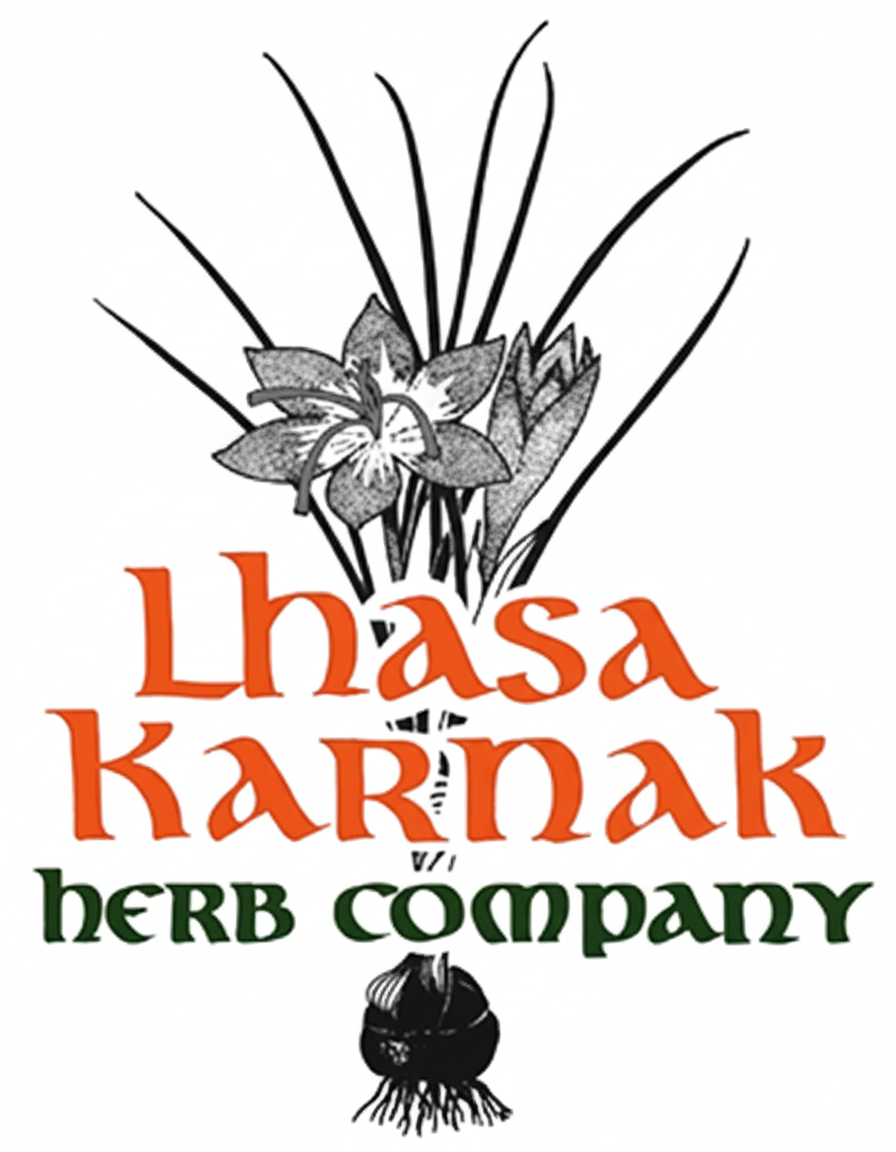Berkeley’s herbal roots run deep. In the 1960s and 70s, as counterculture bloomed, so did a movement toward self-reliance and natural healing. Old pharmacies gave way to bulk herb counters, glass jars, and conversations about plants instead of pills.
Lhasa Karnak opened its doors in 1970 and quickly became part of that shift — a community space where students, teachers, and healers traded knowledge as freely as they traded recipes. Today, the same glass jars line the shelves, proof that slow retail still matters.
Buying herbs by the ounce remains a quiet rebellion against mass production — and Berkeley still smells faintly of mint, sage, and change.


